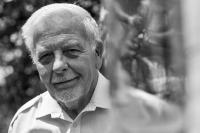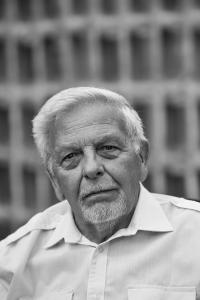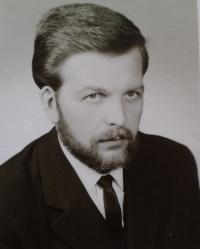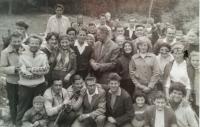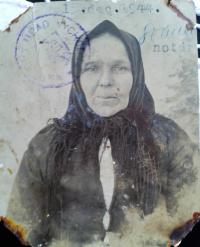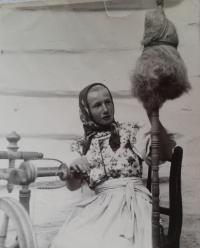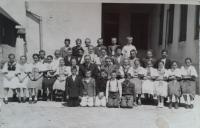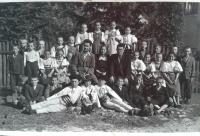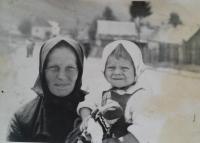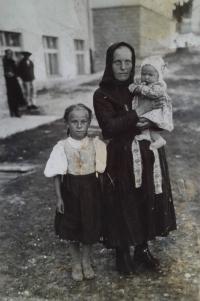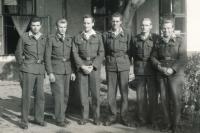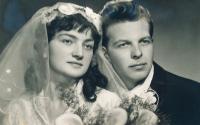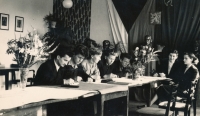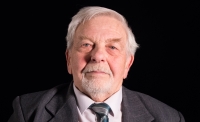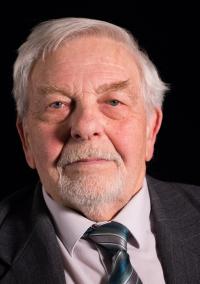A hundred plus days in the cooler for observing the Sabbath
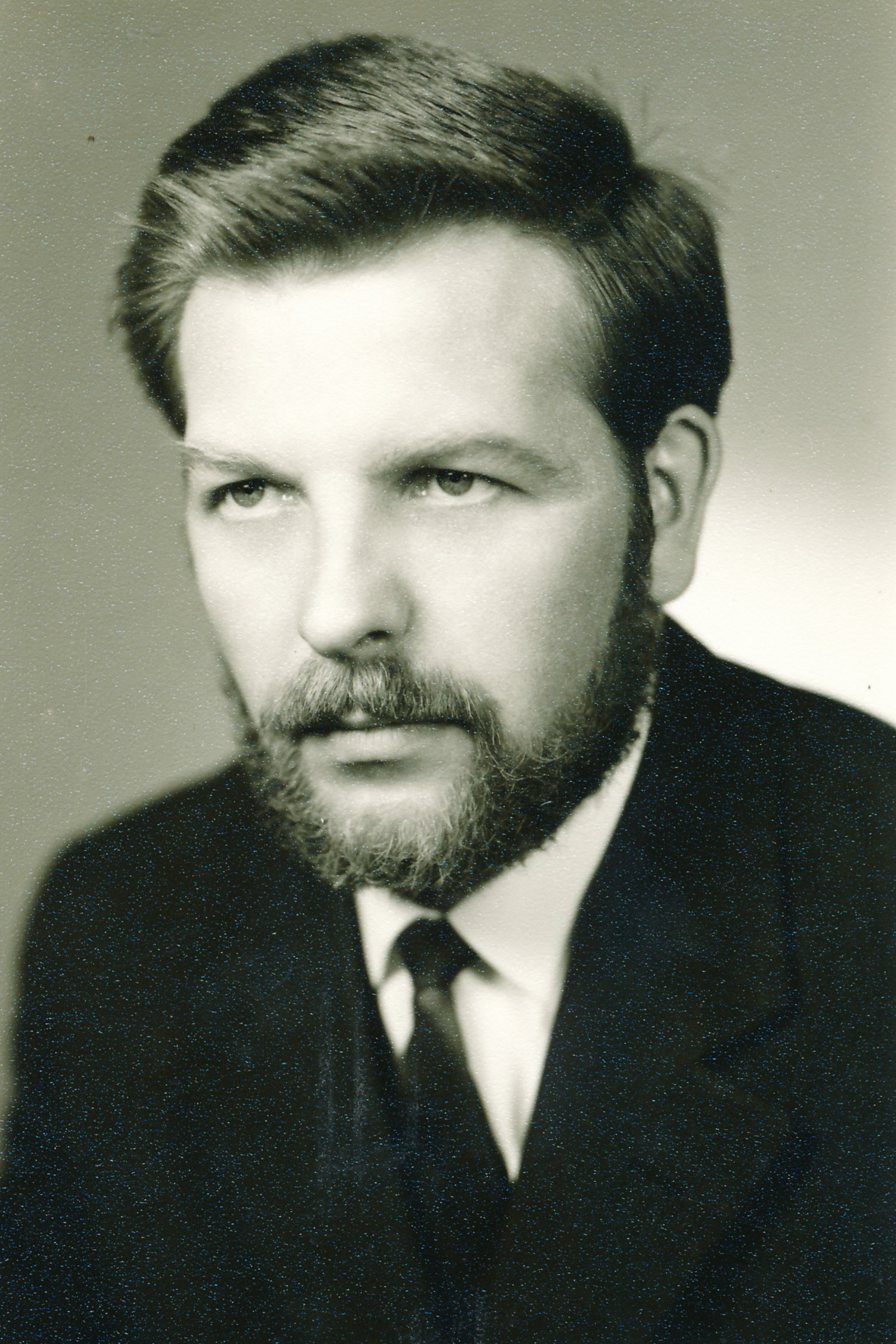
Download image
Juraj Krupa was born on 16 March 1936 into a peasant family in Slovakia, in Východná near Liptovský Mikuláš. His father died when he was three, and his mother had to feed six children. The family was Lutheran, but Juraj found his personal faith in the Seventh-Day Adventist Church. He finished primary school in 1950 and went on to attend grammar school in Liptovský Mikuláš. He planned to prepare for pastorship in Prague, but that ceased to be an option when the Adventists were abolished in 1952. After graduating from grammar school he came into trouble for adhering to the fourth of the Ten Commandments, as Adventists observe the sabbath by refusing to work on Saturday, although this was considered a working day at the time. He uncompromisingly refused to serve on Saturdays during military service as well (he was drafted into the Auxiliary Engineering Corps, AEC, in Komárno in 1956). In 1957 he was sentenced to four months in prison for failure to do his duty, with another eighteen month of prison added a year later. His refusal to work on Saturdays was repeatedly punished by solitary confinement, which amounted to more than a hundred days. Although his prison time interrupted his military service, he was sent back to serve in the AEC in Krnov in 1960. He and other Adventists found employment in civil engineering work, where their religious customs were tolerated. In 1968-1972 he studied to be a pastor. He received state permission and served as a preacher in the Adventist Church until 1992. He married in 1962; during the normalisation his children had difficulties applying to schools due to their religion and their father’s job as a preacher.
